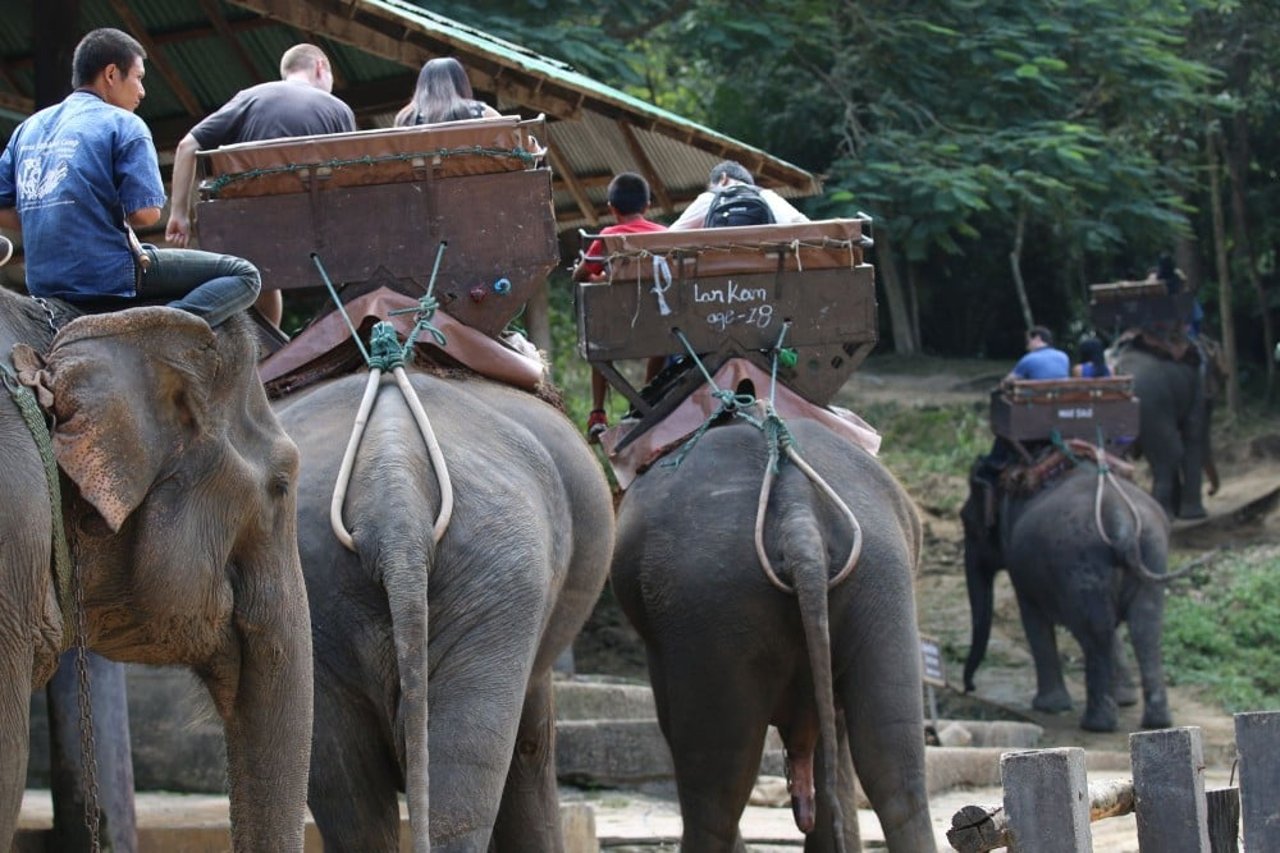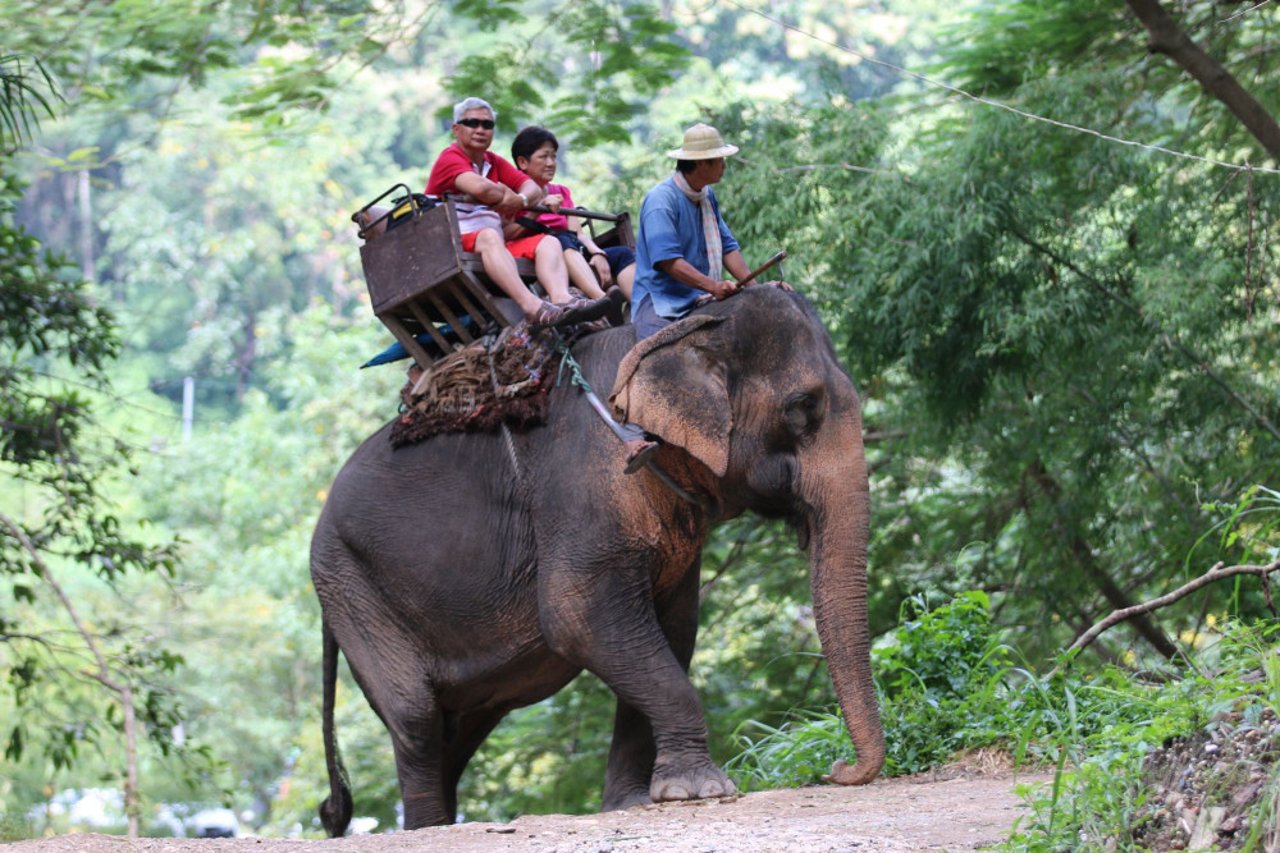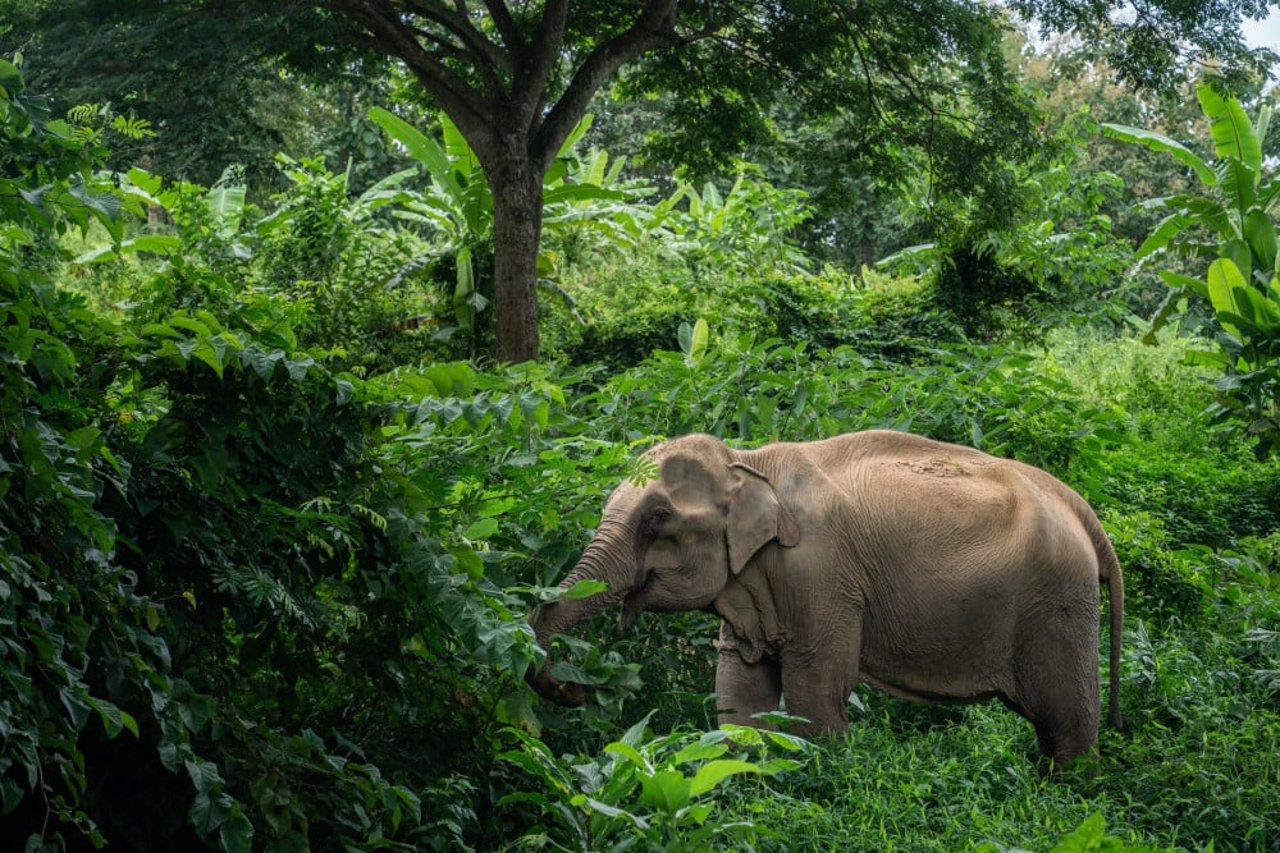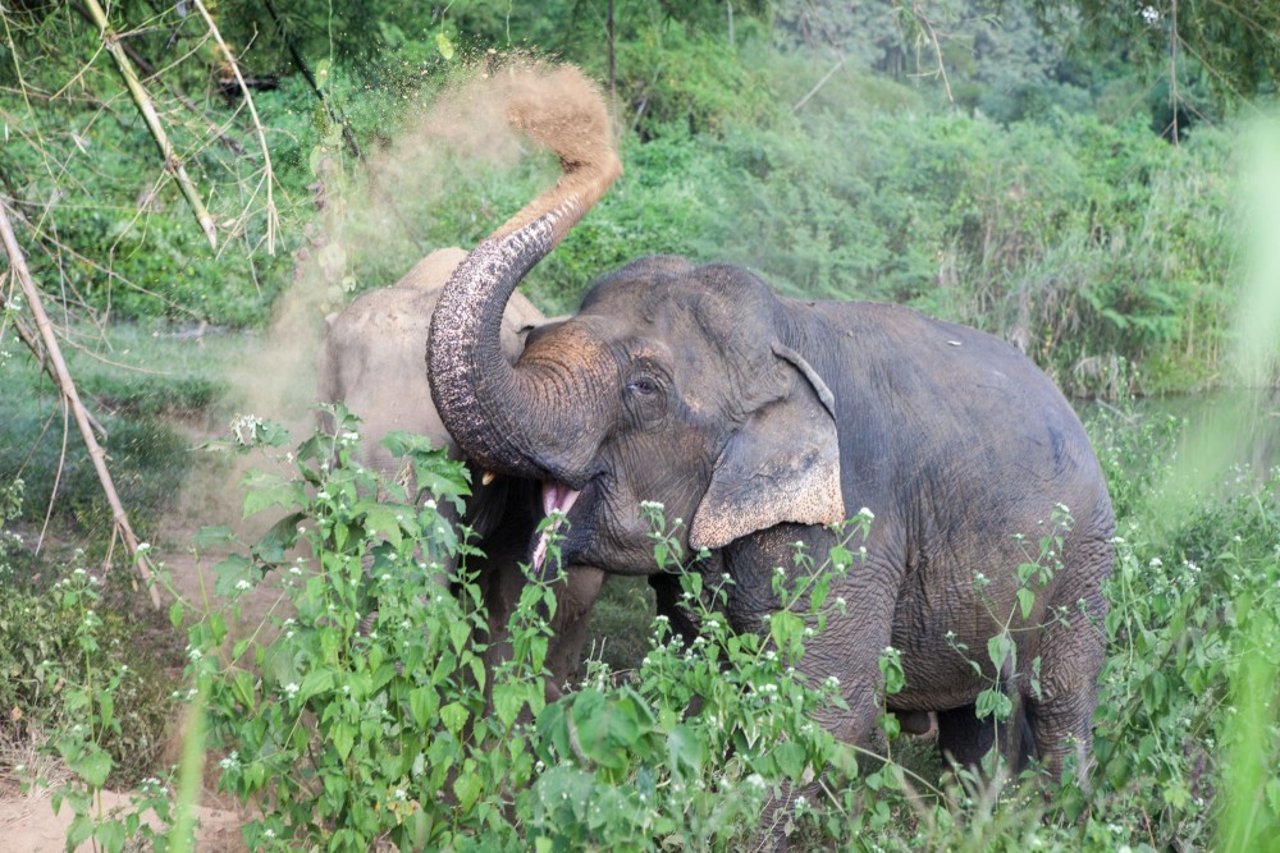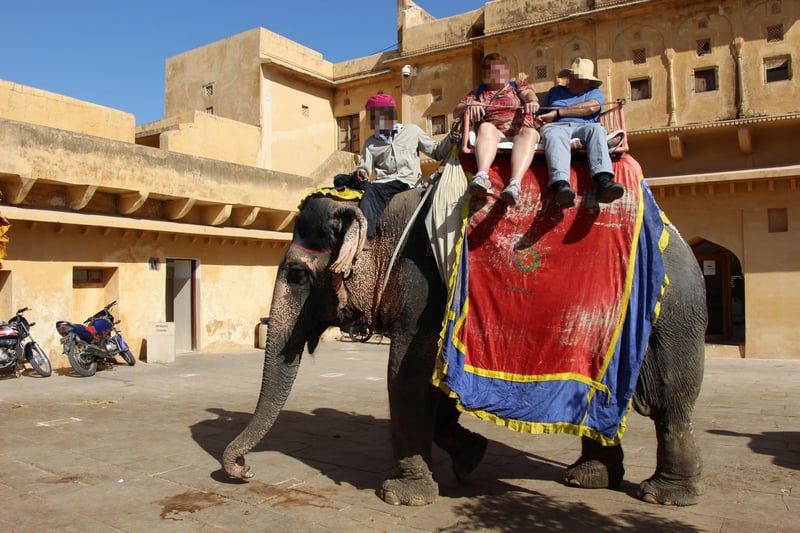
How to spot an elephant-friendly venue
News
Don’t get taken for a ride on your next vacation!
There’s so much to do while you’re travelling – and seeing wild animals may be high on your list. But look out: at attractions where you can wash, ride or touch a wild animal, take a photo with it, or watch it do tricks, there’s a very high chance that cruelty is going on behind the scenes. Because letting you get close isn’t normal behaviour for any wild animal – it’s a sign they’re living a life of suffering in the tourism industry.
In order to make elephants submit to rides and other human interactions, they are forced through a horrific training process known as "the crush." It involves physical restraints, inflicting severe pain and withholding food and water.
The cruelty does not end after the crush. When not performing or used for rides most elephants are kept on chains, unable to socialise. This is hugely damaging to their physical and psychological well-being. By the time tourists come to ride an elephant, it may look at peace - the sad reality is that this elephant's spirit has been broken.
We know most tourists simply don’t know the cruelty inflicted on elephants as it can be difficult to spot. Some venues will also market themselves as sanctuaries but don’t let them take you for a ride!
When looking for a wildlife venue for your holiday, think WILD:
Working – are the animals working as part of the tourist trade?
Genuine sanctuaries do not offer rides, ‘be-a-mahout’-activities, shows or any other inappropriate public interaction.
Interaction – is there a chance to touch, ride, wash or take a selfie with a wild animal?
Elephants are wild animals, and in order to provide safe interactions with humans, elephants will need to be trained. Elephant-friendly venues, operating according to best possible welfare, will not allow for any direct tourist-elephant interaction. When minimal contact is allowed, elephant-friendly venues use positive reinforcement whenever possible to manage elephants and to ensure the safety of tourists, caretakers and animals.
Living – do the animals lack the space and freedom to live naturally?
Venues that truly have the animals' wellbeing at heart will aim to provide conditions for them to live in a wild or semi-wild environment day and night. This is important to allow for social interaction in natural groupings, adequate movement and natural foraging.
Doing tricks – will wild animals be performing for your entertainment?
Taking part in "dances", kneeling and mimicking other human activities is not natural behaviour for an elephant. Any elephant performing tricks or being ridden will have undergone horrific, traumatising training.
Image: elephant at Boon Lott Elephant Sanctuary (BLES), a high-welfare venue in Thailand.
Look for activities that only offer chances to observe animals being their normal, wild selves. Visit an observation-only sanctuary or go on a wildlife safari or hike! You’ll still be helping to provide local people with a vital, sustainable income from wildlife tourism. And by not supporting cruelty, you’ll help build a brighter future for wild animals. By doing your research, you can find experiences like these, and enjoy incredible encounters with real wild animals.
What you can do
Pledge today to be an animal-friendly traveller and end the cycle of cruelty.
